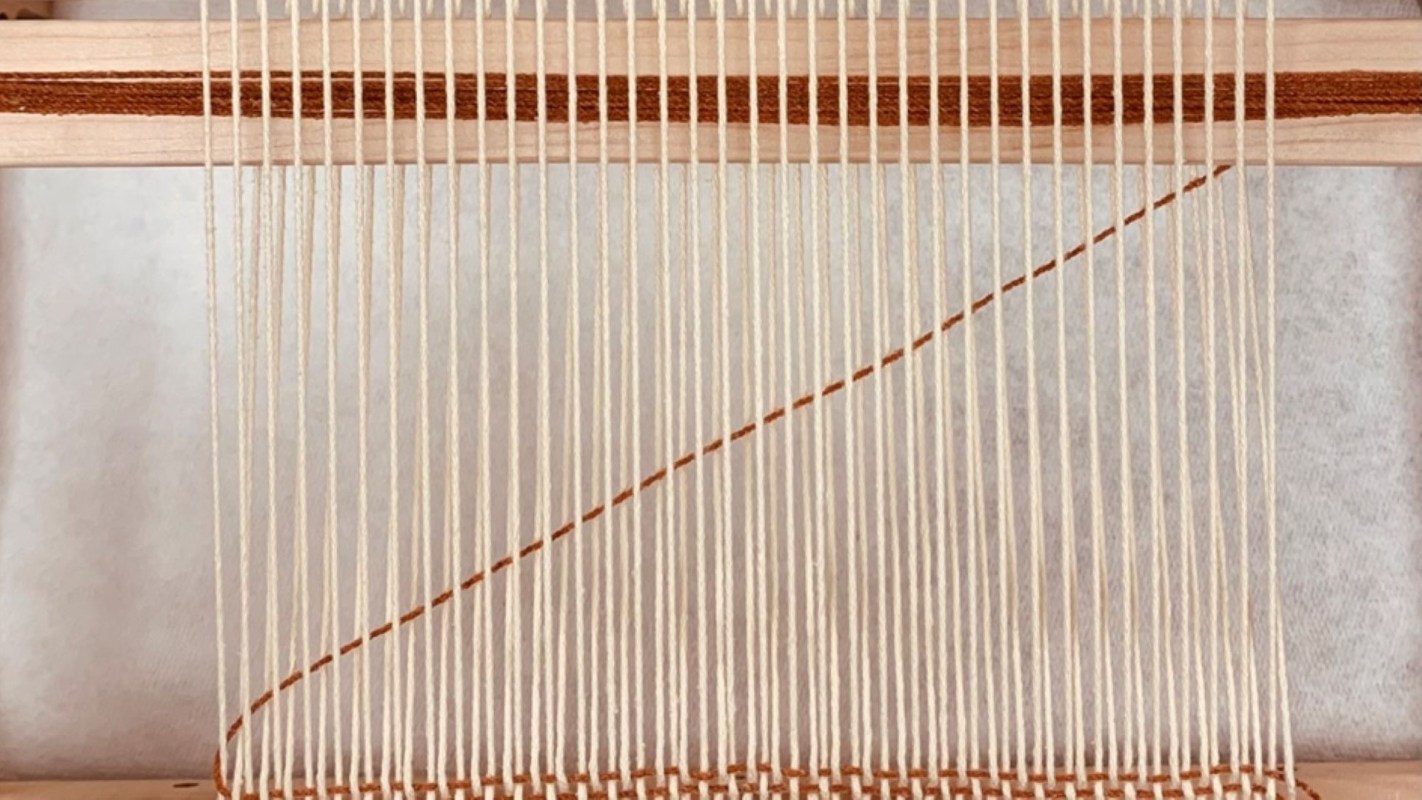The day may be near when your favorite hoodie can also serve as a personal power supply.
That's because researchers at North Carolina State think they have hit what they call a "sweet spot" in the development of yarn-shaped supercapacitors that are meant to be woven into clothing, potentially powering the glut of wearable technology on the market.
The latest report from the Wolfpack's lab describes how the experts discovered the best length for their weavable batteries — about 15 inches to 24 inches, according to a report from SciTechDaily.
"Identifying the optimal length … is critical for their effective utilization, guiding the development of strategies for seamless integration into fabrics," lead author Nanfei He said in the story.
The development of a reliable, wearable power supply is garnering research time in other labs, as well. In South Korea, scientists are working on rubber-like solar panels that are intended to be utilized on the electronic devices that we wear.
The better power sources, if they prove to be long-lasting and reliable, could reduce the amount of charge time for our gadgets.
That would lessen the costly impact of some of the so-called energy vampires feeding on outlets. These are devices and charge cords that we leave plugged in, sucking up energy without need, also creating more air pollution. In fact, Stanford Magazine reports that the vampires can be responsible for 10% of household energy costs.
The N.C. State yarn innovation could be a unique part of the solution. The invention is made of "carbon-incorporated electrode yarns in a gel electrolyte." Nylon threading was included during testing to prevent a short, all per the SciTechDaily story. A photo of the supercapacitors shared by the online publication resembles thread stretched on a loom.
The next step is for the material to be incorporated into clothing.
"Imagine you can make a yarn, just a regular textile yarn, that you also make into a battery," N.C. State associate professor and study corresponding author Wei Gao said in the SciTechDaily report. "You can basically hide it in your clothing. If you can do that, you can add so many more functions to your clothing."
The innovation is promising enough to have attracted funding from the U.S. Army. The inventors told SciTechDaily that they envision military personnel to be among the first to use the tech in the field.
But the rollout isn't imminent. SciTechDaily reports that more research needs to be completed first. Reliability, durability, twistability, and even washability are all metrics the team is considering.
"The technology is not mature yet, and that's why there is so much funding and so much interest in developing it," Gao said in the report. "If you're going to put it on your body, there are so many other challenges besides its energy-storage functions."
Join our free newsletter for weekly updates on the coolest innovations improving our lives and saving our planet.









